
Emirates Airlines made a significant announcement on World Pilots’ Day, revealing plans to hire more than 1,500 new pilots over the next two years as part of its ambitious global expansion strategy. The Dubai-based carrier, which already boasts an elite team of 4,600 aviators, is looking to recruit over 550 pilots in 2025 alone.
This recruitment drive is a response to the airline’s ongoing fleet and route growth, as well as the aviation industry’s recovery from recent disruptions, and underscores Emirates’ commitment to maintaining its position as a world leader in air travel.
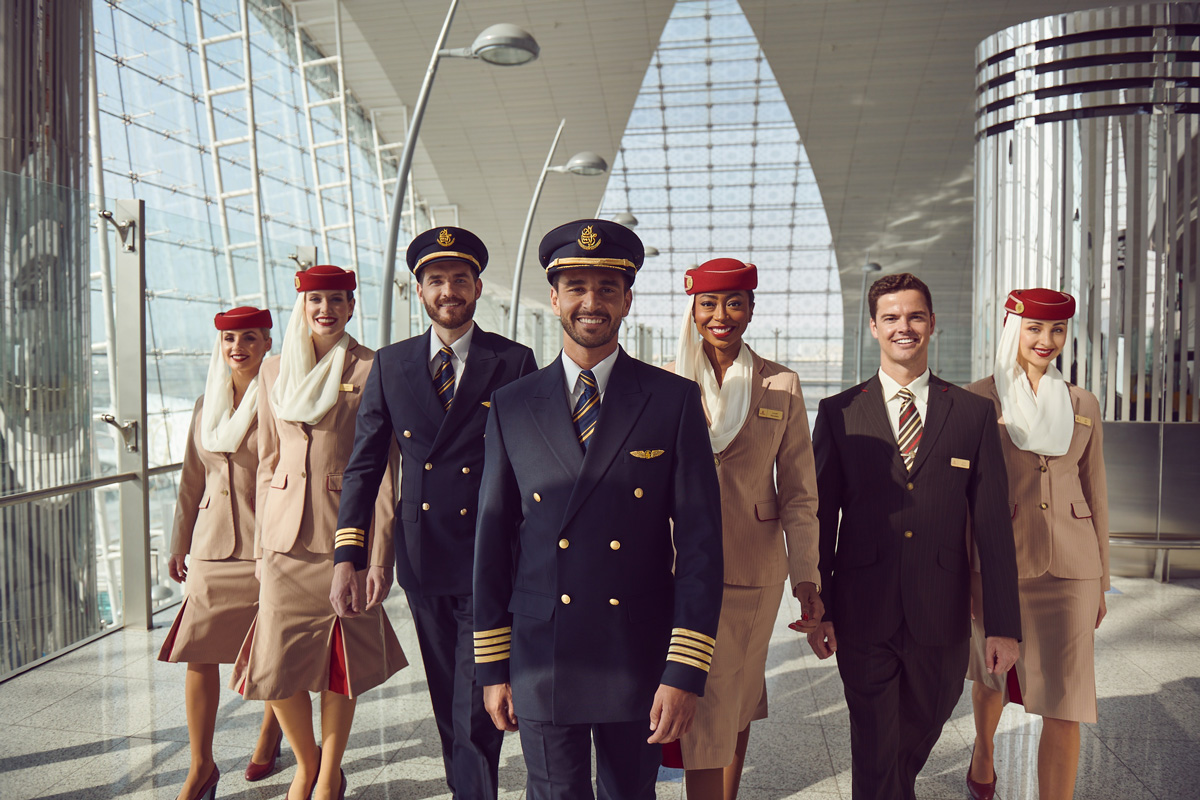
To attract top talent from around the world, Emirates’ recruitment team is hosting roadshows in more than 40 cities globally. Recent sessions have taken place in Italy, with upcoming events scheduled in Norway, Finland, and Sweden. These roadshows provide aspiring pilots with the opportunity to learn about Emirates’ operations, training programs, and career advancement opportunities, and to meet with recruitment specialists in person.
The airline is seeking candidates for a variety of roles, including Direct Entry Captains, Accelerated Command candidates (who are fast-tracked from First Officer to Captain), Type-Rated First Officers, and Non-Type Rated First Officers. The Accelerated Command program has already seen more than 80 pilots on the path to becoming captains, highlighting Emirates’ investment in rapid career progression.
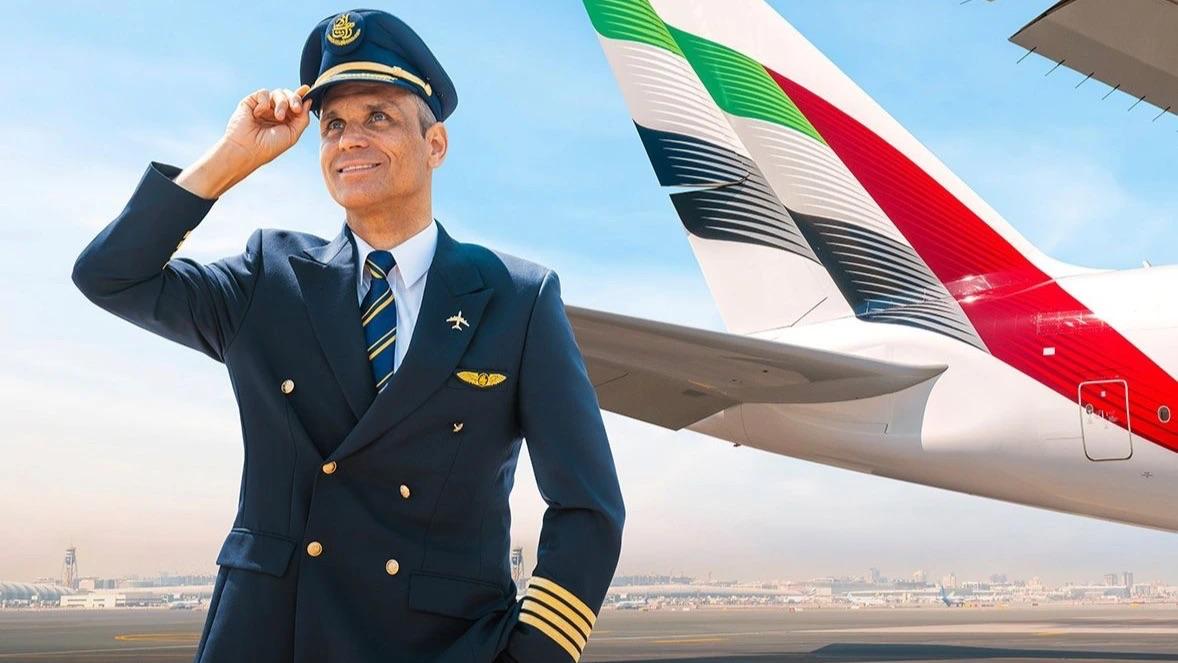
Emirates’ pilots operate one of the world’s youngest and most technologically advanced fleets, consisting of 261 wide-body aircraft, including Airbus A380s, Boeing 777s, and the latest Airbus A350s. The airline serves more than 148 destinations across six continents, offering pilots the chance to experience diverse flying environments-from bustling metropolises to serene island destinations.
The job comes with a suite of thoughtfully curated benefits, such as tax-free salaries, profit-sharing, comprehensive insurance, luxury accommodation in Dubai, generous annual leave, and travel perks for family and friends. These benefits are designed to attract and retain the best talent in the industry.
The requirements to become an Emirates pilot are rigorous and reflect the airline’s commitment to safety and excellence. Candidates must hold a valid Airline Transport Pilot License (ATPL), a Class 1 Medical Certificate, and have a minimum of 1,500 total flying hours (with higher requirements for command roles).
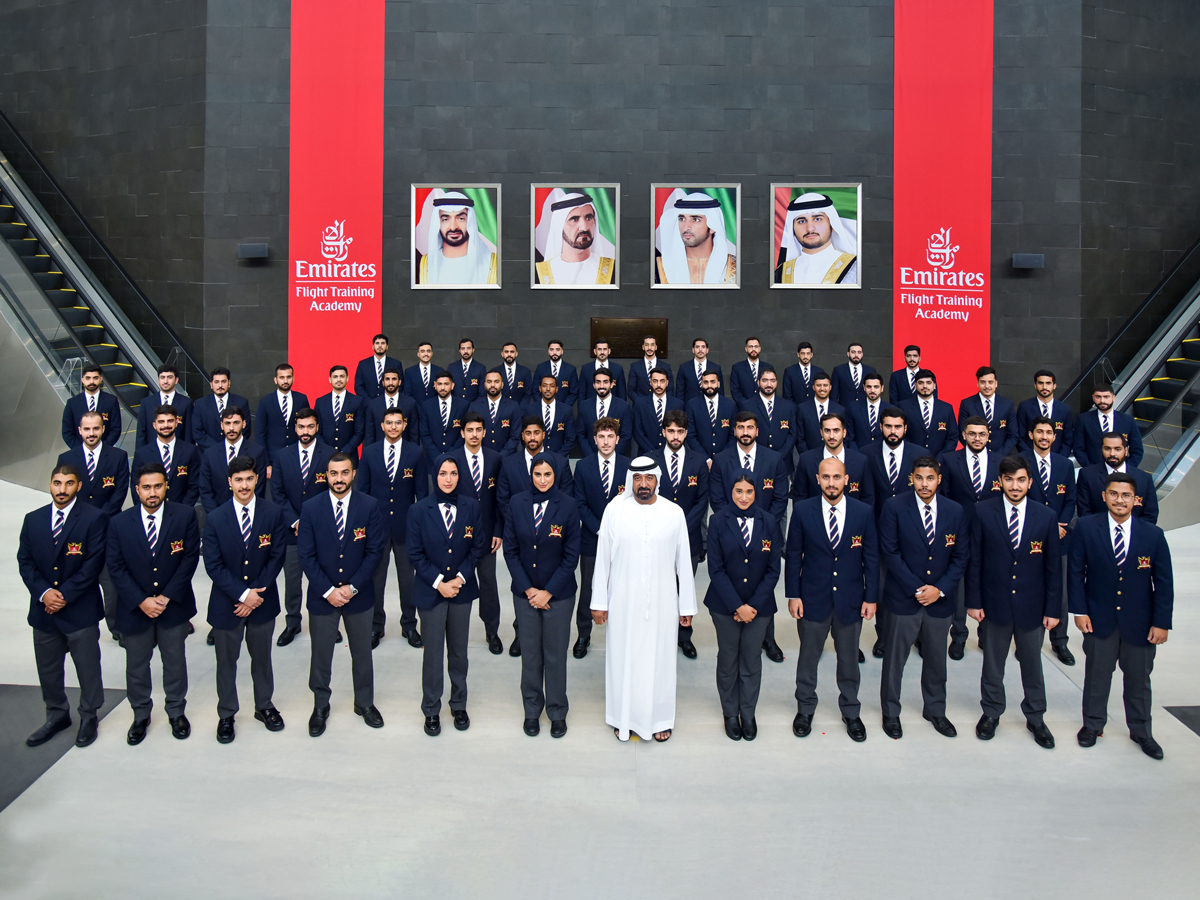
Additional qualifications include fluency in English (ICAO Level 4 or above), specific type ratings on aircraft such as the A380 and 777, and the ability to pass technical, psychological, and simulator assessments. Emirates also values continuous professional development and encourages candidates with military flying experience or additional language skills to apply.
In terms of compensation, Emirates pilots enjoy some of the most competitive packages in the industry. Captains can expect a monthly basic salary of approximately AED 44,500–46,670, while First Officers start at around AED 30,125–31,341 per month, with additional flying pay and a range of allowances.
All salaries are tax-free, which significantly increases take-home pay. Other benefits include fully furnished accommodation, education allowances for children, medical and dental insurance, and retirement plans. The application process is comprehensive, involving online submission, technical and psychological assessments, interviews, simulator evaluations, and background checks. Successful candidates are then invited to relocate to Dubai and complete Emirates-specific training and orientation.
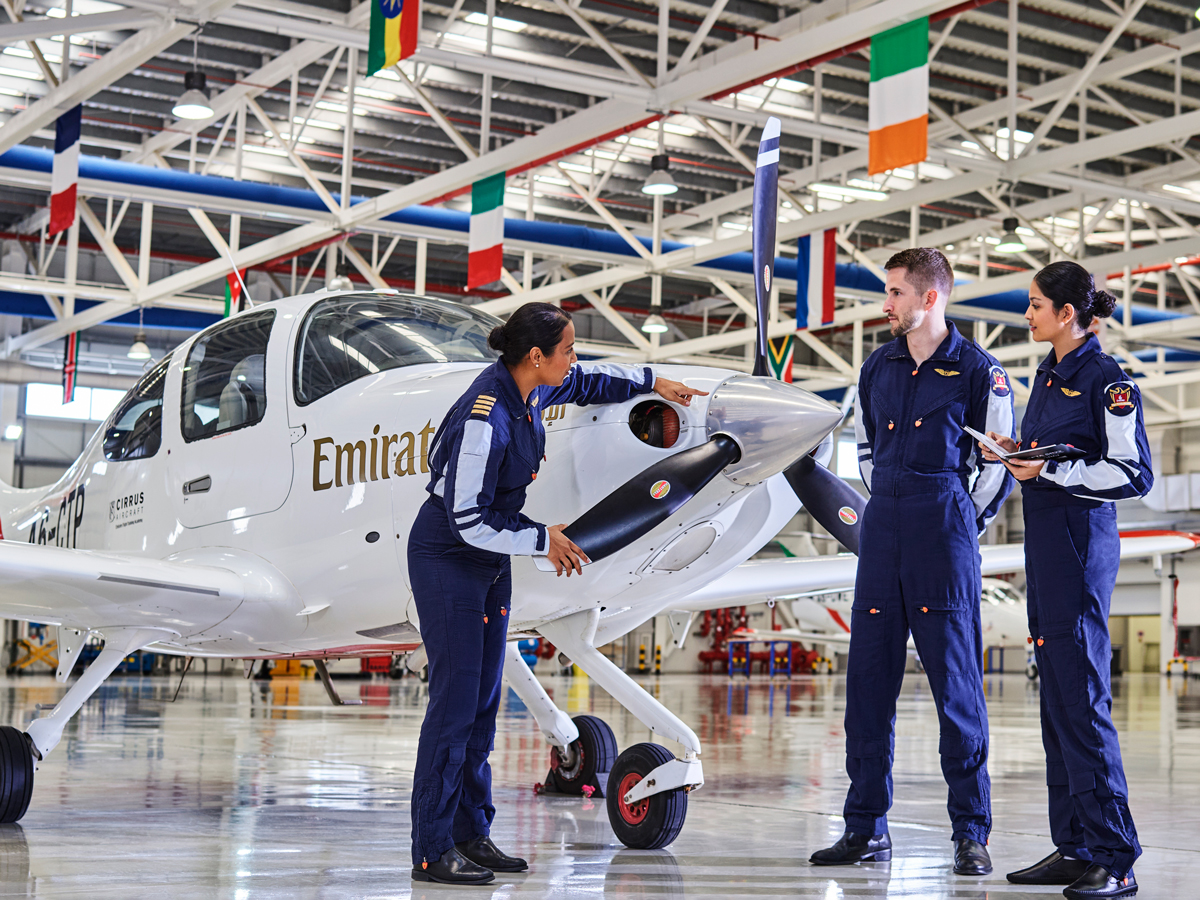
Emirates’ proactive approach to workforce planning is evident in its recent hiring history. Since 2022, the airline has welcomed nearly 2,000 new pilots, reflecting its confidence in the future of the aviation sector and its dedication to operational excellence. The current recruitment drive is not just about filling vacancies; it is a strategic investment in the airline’s long-term growth and its ability to deliver exceptional service to passengers.
By expanding its pilot workforce and investing in talent development, Emirates is positioning itself to meet the challenges and opportunities of a rapidly evolving industry, ensuring that it continues to set the standard for excellence in global air travel











.jpg)














-1064b2-large-1745848819.jpeg)
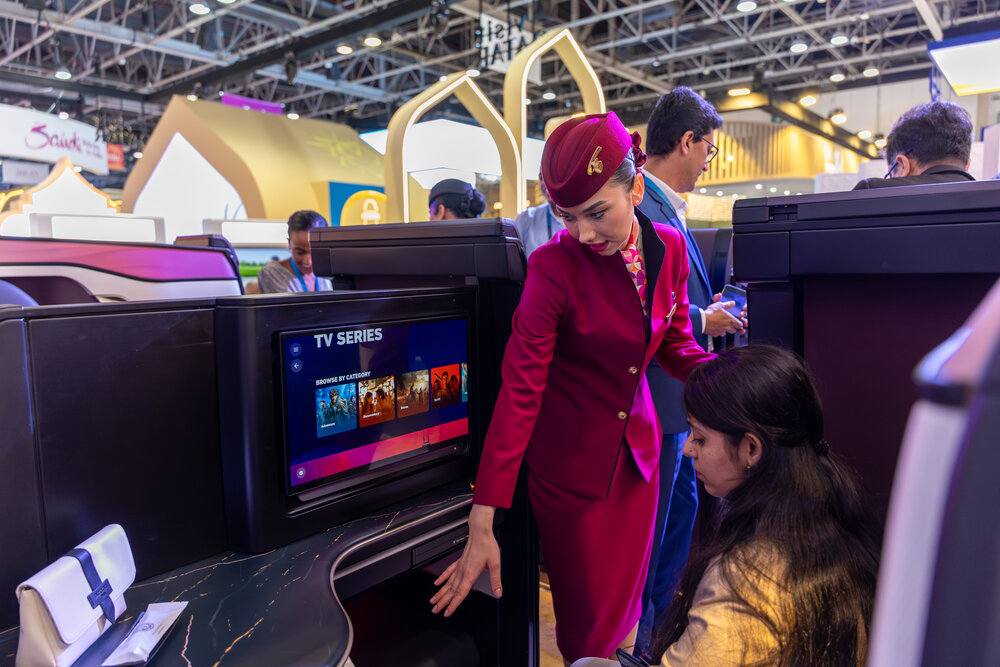
-4f6fa6-large-1745848821.jpeg)
-1dc918-large-1745931196.jpg)
-43a0e0-large-1745931200.jpg)
-53bb50-large-1745931198.jpg)
















